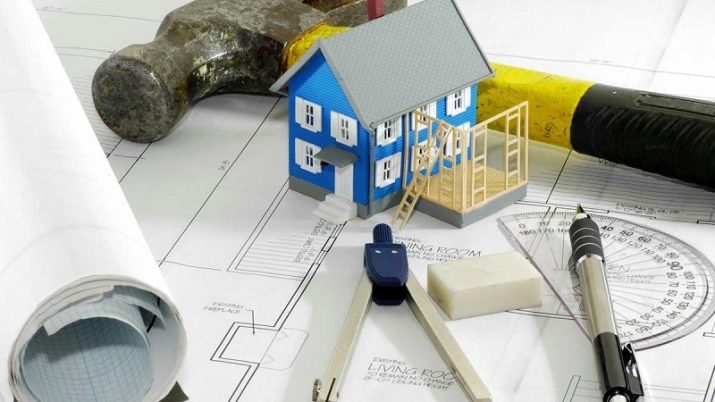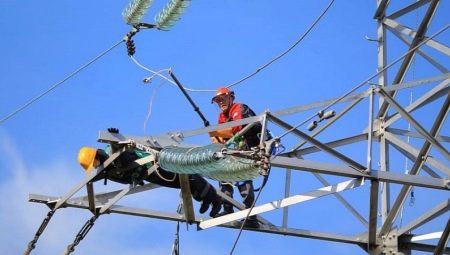Among all the working professions existing in the modern labor market, the position of electrician-lineer occupies a special place. If you are interested in the exact sciences and want to get a sought after profession, then you should pay attention to such a career. Today in our article we will consider all the features and distinctive characteristics of the professional activities of an electrician-lineer.
Features
The profession of electrician-liner belongs to the category of workers, since in the course of performing daily tasks a specialist more often applies his practical skills than theoretical knowledge. In general, an employee (depending on the specific position and place of work) is engaged in the construction and operation of overhead power lines, linear telephone and radio communications facilities, repair and installation of cable voltage lines, and so on.. Profession is listed in ETKS.
For a person who wants to take this position, the employer put forward fairly stringent requirements (and they relate not only to the professional characteristics of the specialist, but also to personal qualities). So that a person can effectively, timely and efficiently perform all his work tasks, he must be physically tough.
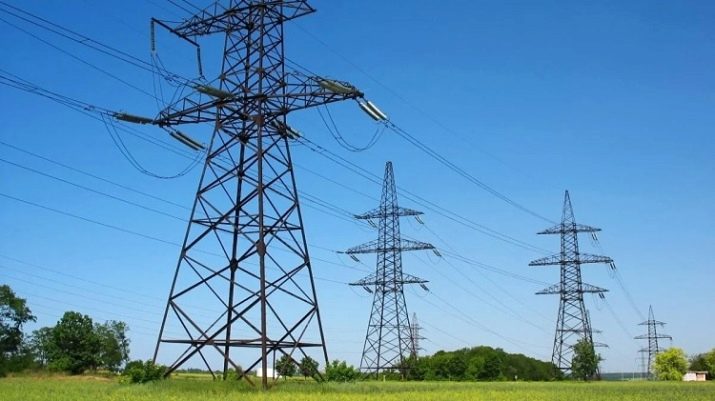
Accordingly, an electrician-liner is more a male than a female profession, since it requires a lot of physical effort.
In addition, the work itself is not carried out indoors or in the office, but on the street.In this regard, we can conclude that there is no routine and uniformity of professional activity, which attracts many young people. After completing work tasks, the specialist immediately sees the result of his actions, which is typical of only a few professions that exist today. A great advantage, and in many cases a decisive factor, is that an electrician-lineman, with proper training and experience, can receive a fairly high material reward for his work. Thus, all of the above factors turn the position of electrician-lineer into a pretty attractive career path for many.
It should be borne in mind that the profession is associated with a large number of shortcomings. For example, a rather high level of danger should be highlighted. If you do not strictly observe the rules and safety standards, there is a great risk of harm to health or even loss of one’s own life. At the same time, with a high level of danger there is also a great responsibility and a variety of stresses. Accordingly, we can conclude that the work of an electrician-lineer is not suitable for people who, by their nature, are too emotional or psychologically unstable. One way or another, but before making the final decision as to whether you should choose this profession as your future career or not, it is very important to evaluate all the pros and cons. Only under the condition of such an approach can you count on making a balanced and objective decision, which you will not regret in the future.

Responsibilities
The duties that an electrician-lineman performs on a daily basis are regulated by such official documents as a professional standard and job description. These documents are inherently standardized, but each employer, depending on the specifics of the enterprise, can make changes and additions to them. Accordingly, when changing a job, different requirements can be put forward to an electrician-lineman every time. In addition, the nature and complexity of work tasks to a large extent depend on the rank and experience of the specialist.
In general, the following functions are included in the traditional list of duties of an electrician-lineman:
- installation and removal of hooks of pins and insulators;
- work with metal ropes and cables;
- work with single-core type wires;
- installation of drums;
- installation of wires on supports by means of rods and poles specially designed for this purpose;
- cutting wires and cables;
- development of grounding systems;
- implementation of waterproofing work;
- coloration and numbering of supports;
- winding wires and cables onto specially designed structures - drums and so on.
Remember that you need to familiarize yourself with all the documents that spell out your job responsibilities before you accept the official job offer. You must be 100% sure that you can cope with the tasks that your employer prescribes. The thing is that the job description provides for the responsibility of the employee for failure to perform or incorrect performance of work duties.
Moreover, liability can be of a very different level (from disciplinary reprimand and loss of work to criminal prosecution).
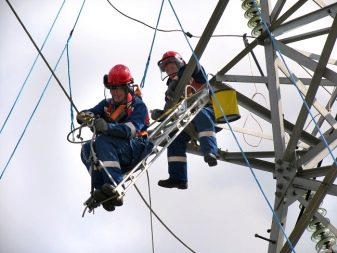
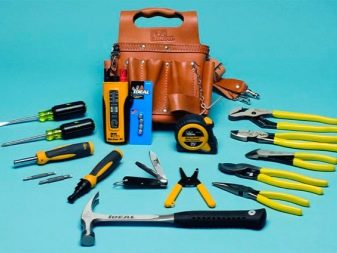
Knowledge and skills
An electrician-liner is a specialist who has a large number of theoretical competencies, and can also put them into practice. The main ones include the following:
- principles for the collection of structures of substations of various types;
- methods for installing supports on swivel joints fixed to guy wires;
- basic rules for working with the foundation;
- wire transposition installation methods;
- standards for installing wires and cables at transitions;
- anchoring methods for the contact wire and the support cable;
- principles of installation work on the creation of overhead power lines and much more.
It should be borne in mind that the above list is by no means closed or completed. The more skills, knowledge and skills you possess, the more relevant and relevant specialist you will remain in the labor market. In addition, the presence of additional competencies will be able to distinguish you favorably from other candidates for the position.
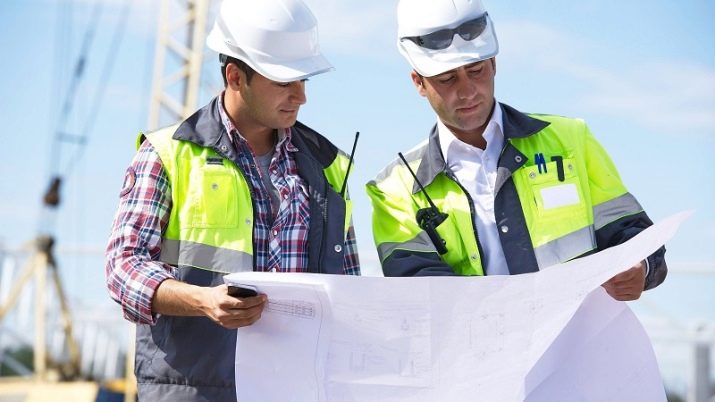
Training
To get the position of electrician-lineer, you must undergo appropriate training. There are several options.
- So, the most traditional way is to get a diploma from a secondary professional educational institution. To do this, after the 9th grade of the school and obtaining the corresponding certificate of secondary education, you need to choose a college or technical school, where there is an appropriate direction of training. Be sure to visit the admissions office and find out what exams you must pass for admission. In the process of studying at a university, you will receive the amount of practical and theoretical knowledge necessary for further work. The term of study will be about 3 years.
- Another way to get an education in the specialty of an electrician-lineman is to obtain a certificate of specialized courses. Usually they last only a few months, after which you have the opportunity to begin direct work. However, this option has its drawbacks. It should be borne in mind that such courses are paid, you need to be especially careful when choosing them, since there are a lot of scammers on the market.
- In addition to the training methods described above, you can receive a profession directly at the enterprise. So, in some companies there are corresponding opportunities, the essence of which is that you get a job as an assistant and an intern, get the necessary theoretical and practical experience, after which you can apply for the position of full-fledged employee.
In addition, it should be borne in mind that in order to advance on the career ladder you will have to undergo certification every 5 years - so you will increase your rank, respectively, and wages.
Where does it work?
Electricians-lineers can work in enterprises of the public and private sectors. So, they can be involved in companies that specialize in housing and communal services, construction, industry and so on. Wherein starting from the position of junior specialist or even an intern, an employee can advance to a leading specialist or even the head of a department.
